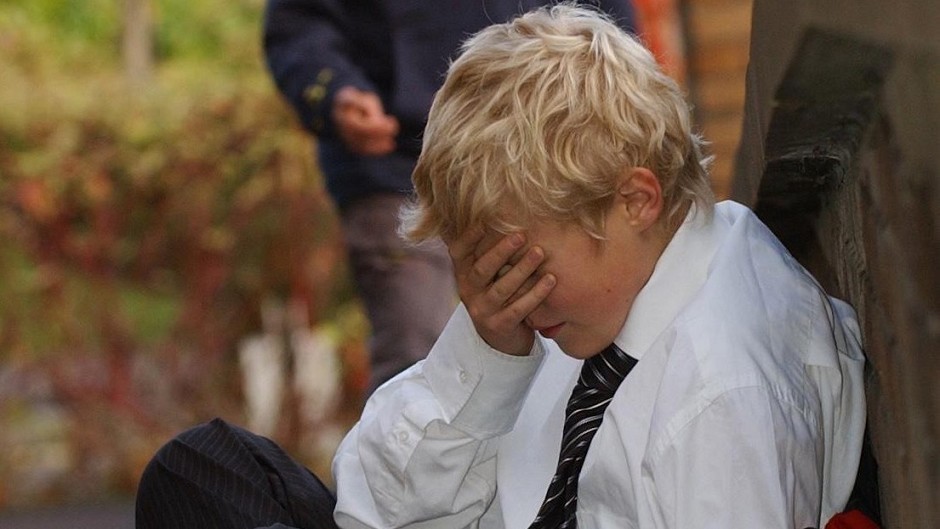NHS Grampian has missed key national targets for the treatment of youngsters with mental health problems.
The Scottish Government set a goal that 90% of children and adolescents should start treatment within 26 weeks of referral from by March 2013, reducing to 18 weeks from December 2014.
Official statistics showed that in the last quarter of 2014 in NHS Grampian just 51.1% were seen within 18 weeks and 77.5% within the 26 weeks.
North-east Liberal Democrat MSP Alison McInnes said “Children and young people are being failed by the SNP in the Scottish Government, who have taken their eye off the ball to focus on their independence campaign.
“These figures paint a picture of health boards trying to swim against the tide, with five boards still failing to meet the old target and only half meeting the new treatment target of 18 weeks.”
An NHS Grampian spokeswoman said the child and adolescent mental health services (CAMHS) was struggling to cope with vacancies and maternity leave.
She said: “Through use of locums and the appointment of permanent staff members we have been working to improve the situation. We are proactively targeting the longest waiting patients based on clinical need.
“Our January activity shows further improvement and we should be in a position to achieve the target within the next couple of months.”
NHS Grampian was one of five health boards to miss the longer target and one of six to miss the shorter one. Across Scotland 86% were seen within 26 weeks in October-December and 78.9% within 18 weeks.
Labour MSP Dr Richard Simpson, a psychiatrist with 23-years’ experience, said: “This isn’t just another NHS waiting time target missed on the SNP’s watch. It’s young people with serious mental health issues waiting months on end to get the treatment they were promised.”
A Scottish Government spokesman said the targets were introduced to drive forward improvements but ministers recognised “there is more work to be done”.
“Before this government introduced these targets, there was no robust national data on how Scotland performed for CAMHS treatment, and we are now in a far better position to understand what is happening and continue to make improvements based on evidence,” she said.
